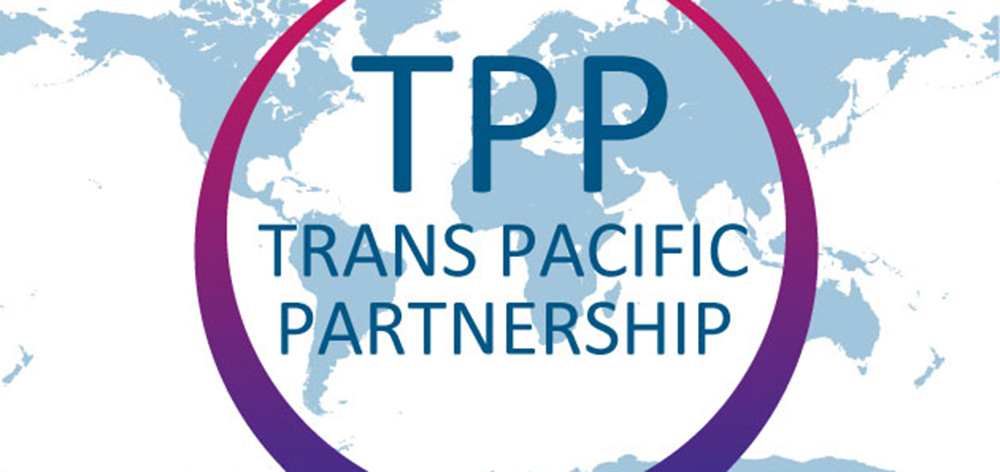Leaked TPP document reveals further copyright infringement details

Wikileaks has again revealed a part of the recent Trans-Pacific-Partnership [TPP] agreement that includes Australia and eight other countries. The leaked chapter of the TPP reveals multiple changes to major clarifications and statute of limitations for copyrighted material and has raised many eyebrows in the international arena.
Earlier this week Australia, along with the other 8 participating countries, finalised the agreed changes to the intellectual property chapter, which were subsequently leaked days laterby Wikileaks.
The leaked chapter covers a broad range of intellectual property issues that revolve around ISP liability and criminalisation of non-commercial piracy that could see local abusers harshly dealt with by international courts. The finalised version of the agreement abolishes uncertainties that were present in previous drafts, however many copyright experts aired their concerns stating the burdensome nature of the changes on non-commercial copyright infringers.
An article written by Canadian Law Professor Michael Geist states the agreement specifies that countries should offer ISPs “legal incentives” to “cooperate with copyright owners to deter the unauthorised storage and transmission of copyrighted materials.” Geist went on to state that, “this doesn’t mean that all ISPs have to monitor for copyright infringements, but it will ‘reward’ those who do.”
Although the chapter suggests that changes are loosely implemented here in Australia in regards to ISP responsibility for removing infringements, the ability for foreign court orders to take effect locally mark the biggest scare for copyright activists. In a statement on the chapter by the Electronic Frontier Foundation, they established that, “the changes simply mean that ISPs are roped in as copyright enforcers.”
Other points of division for copyright commentators surround the criminal sanctions for non-commercial copyright infringement, that don’t exist in many countries. For infringers that don’t gain finically due to their use of copyrighted material, but do cause significant loss to the copyright holders, the possibility of jail time could be a reality under the new proposals.
In addition to the criminalisation of non-profiting infringers, the changes will inhibit manufacturers from selling circumvention tools such as ripped DVDs or Blu-Ray. The combination of the two prospects may not be anything substantially new, but with close inspections, the push for local users of copyrighted material to be deterred is fast becoming a concerning element that many are suggesting is neglecting the real offenders in piracy.
The likelihood of international courts having a say in exactly how or which Australians should be punished may never come to fruition, but the fight against piracy continues to surge.

































